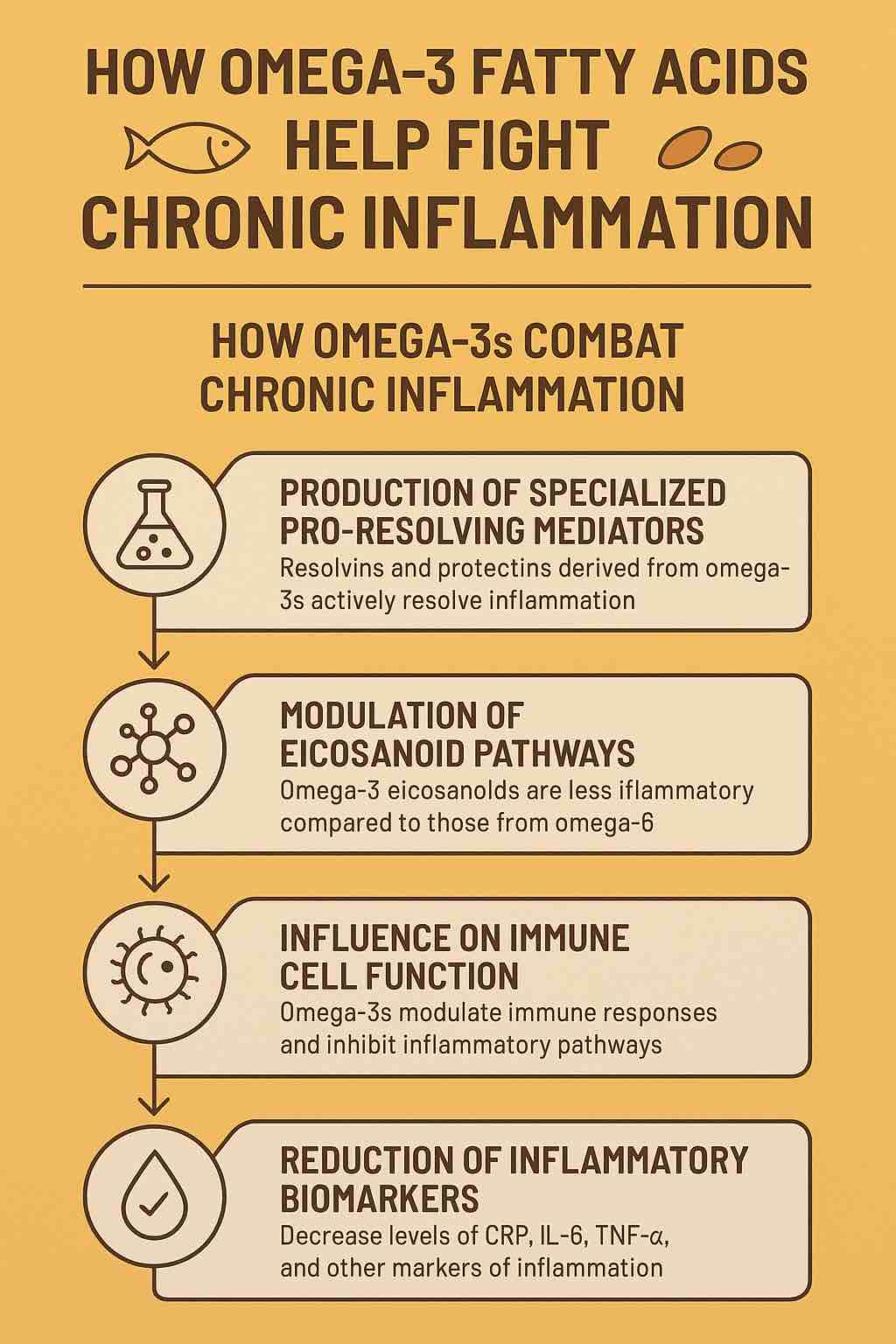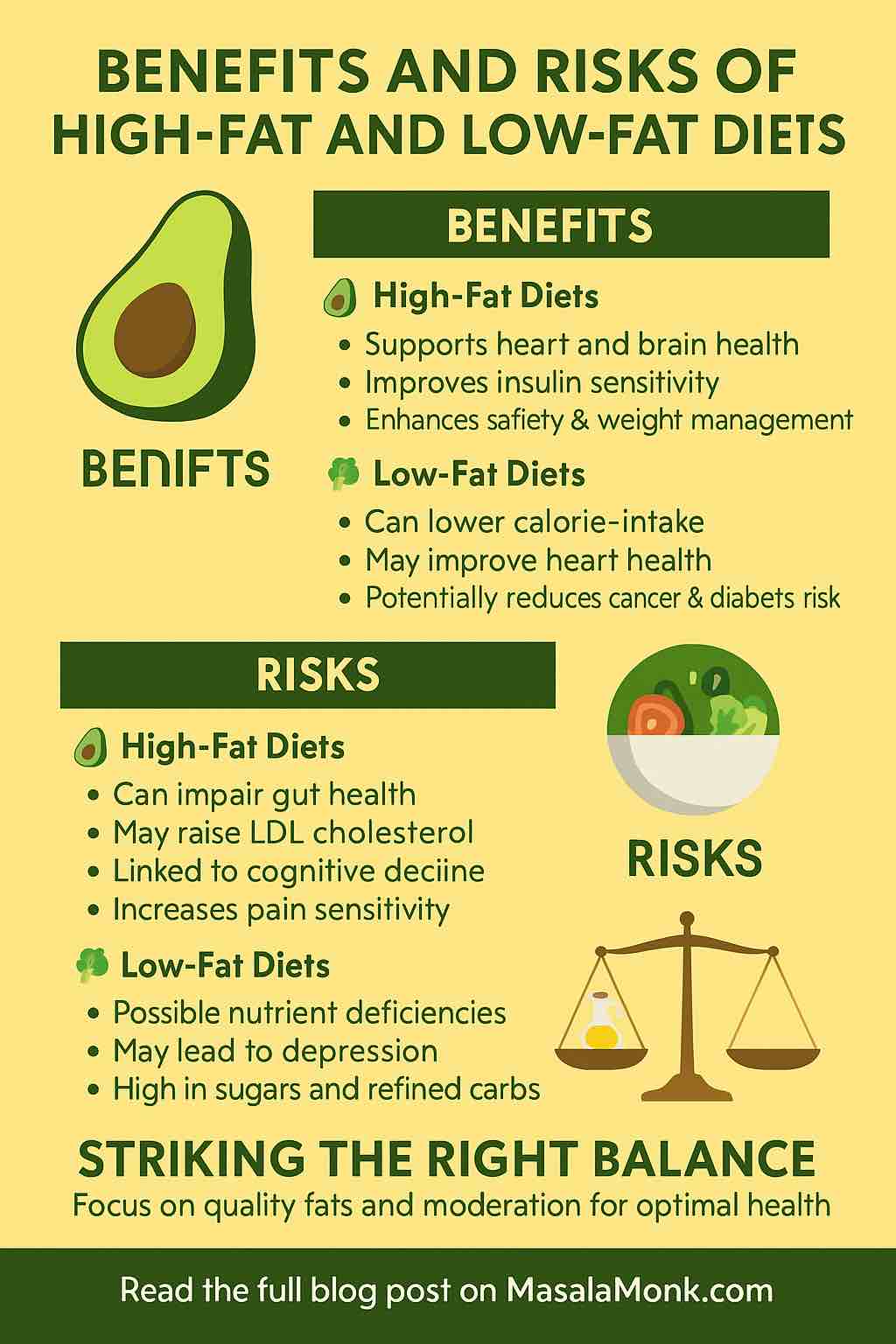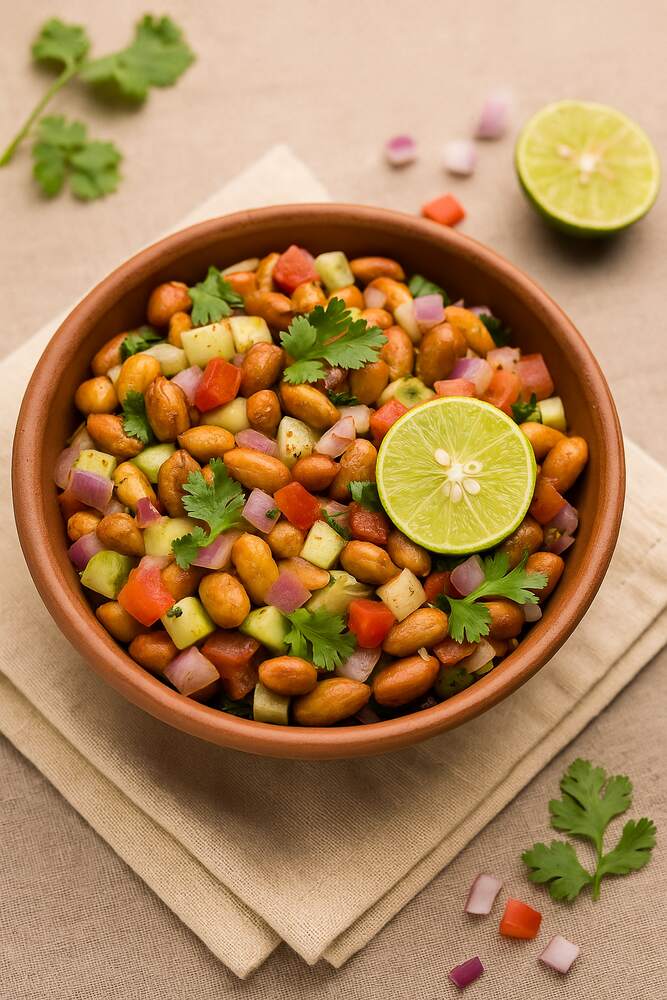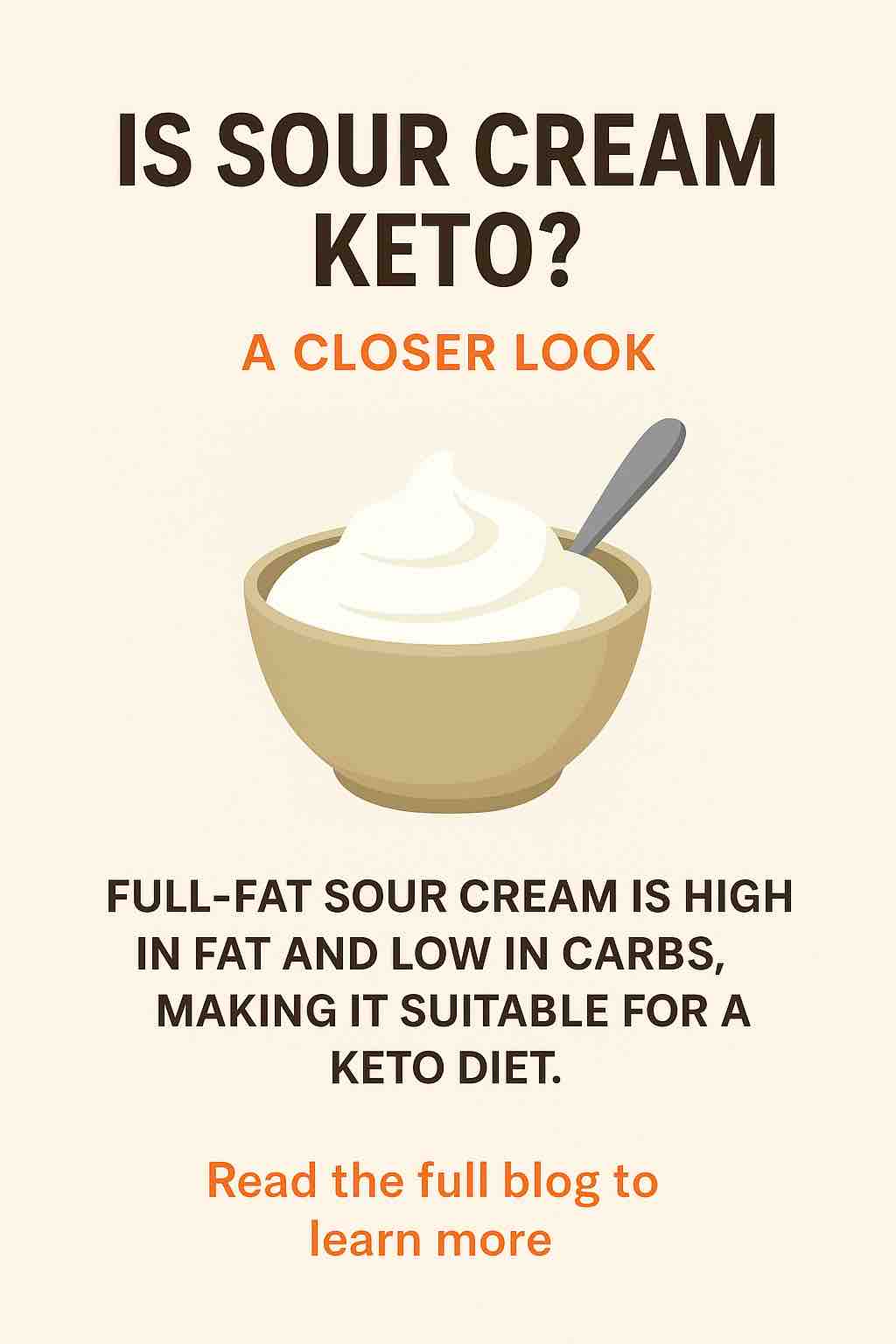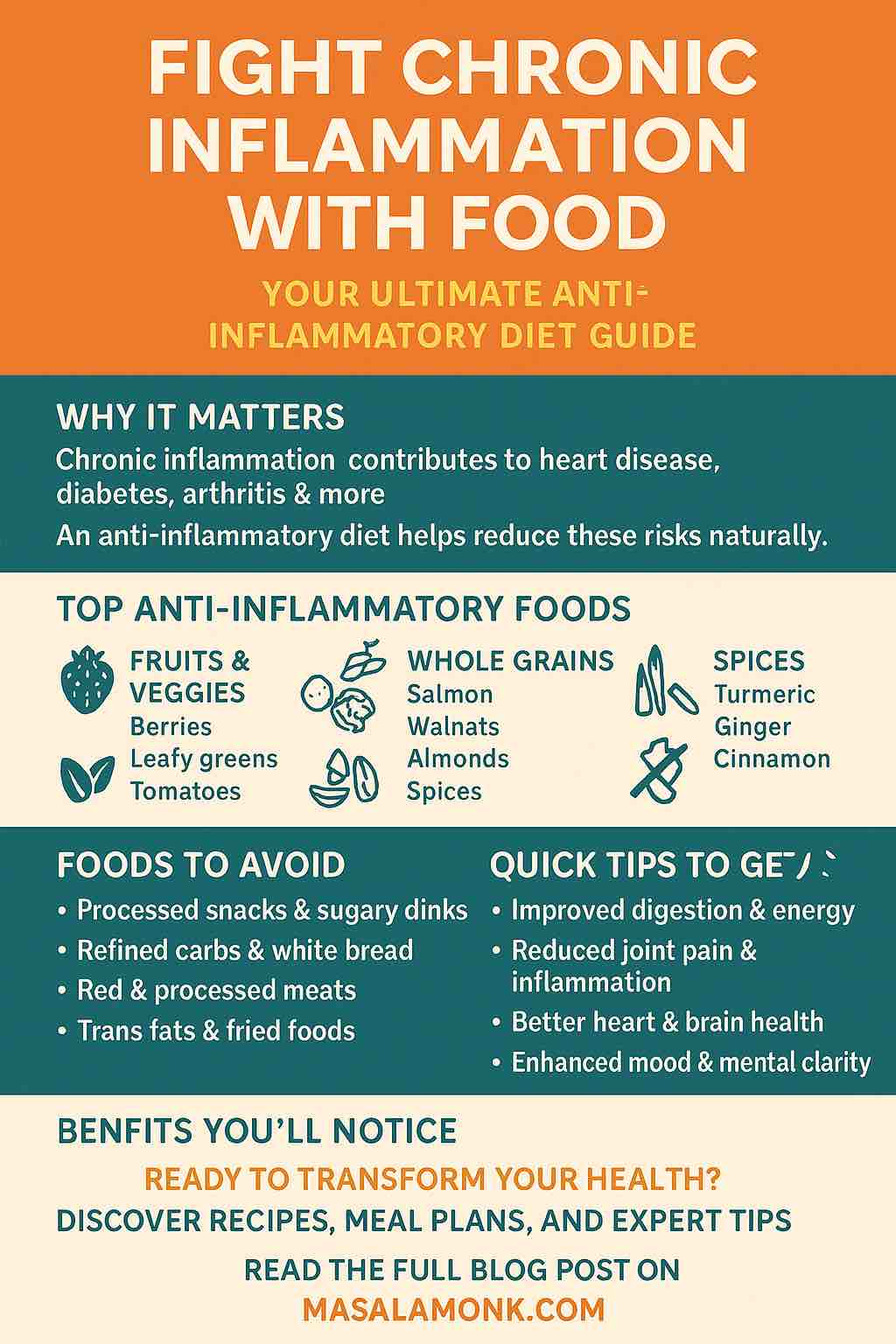
Inflammation is a natural and essential process your body uses to heal injuries and fight infections. However, when inflammation becomes chronic, it can contribute to the development of numerous health problems such as heart disease, diabetes, arthritis, and even some cancers. This is where an anti-inflammatory diet comes in—a way of eating designed to reduce chronic inflammation and promote optimal health.
In this comprehensive guide, we’ll explore the science behind inflammation, the foods that can either fuel or fight it, practical strategies to follow an anti-inflammatory diet, and how this lifestyle choice can transform your health based on the latest research.
Understanding Inflammation: Friend and Foe
Inflammation is your body’s defense mechanism. When you get a cut or an infection, immune cells rush to the site, causing redness, swelling, and pain. This acute inflammation helps you heal. But when inflammation persists over weeks, months, or years, it becomes chronic and harmful.
Chronic inflammation has been linked to many diseases, including:
- Heart disease
- Type 2 diabetes
- Alzheimer’s disease
- Certain cancers
- Autoimmune disorders (e.g., rheumatoid arthritis)
Reducing chronic inflammation through diet can lower your risk of these diseases and improve your overall well-being.
What is an Anti-Inflammatory Diet?
An anti-inflammatory diet focuses on consuming whole, minimally processed foods rich in antioxidants, fiber, and healthy fats while limiting foods that can promote inflammation.
Core Components of the Diet:
- Fruits and Vegetables: Packed with antioxidants and phytochemicals that neutralize inflammation-causing free radicals.
- Whole Grains: Provide fiber that supports gut health and reduces inflammation.
- Healthy Fats: Omega-3 fatty acids from fatty fish and plant sources reduce inflammatory markers.
- Legumes and Nuts: Provide fiber, protein, and beneficial micronutrients.
- Herbs and Spices: Turmeric, ginger, garlic, and cinnamon offer natural anti-inflammatory effects.
Foods to Limit or Avoid:
- Refined carbohydrates (white bread, pastries)
- Sugary beverages and snacks
- Processed and red meats
- Trans fats and hydrogenated oils
- Excessive alcohol
The Latest Research Backing the Anti-Inflammatory Diet
1. Flavonoid Diversity Lowers Disease Risk
Recent large-scale research shows that eating a variety of flavonoid-rich foods—think berries, apples, black tea, and dark chocolate—can reduce chronic disease risk by up to 8%. It’s not just how much you eat but the diversity that matters.
2. Legumes Lower Cholesterol and Inflammation
Studies have confirmed that adding a daily cup of black beans or chickpeas can significantly reduce cholesterol and inflammatory markers, especially in people with prediabetes.
3. Cinnamon Helps Manage Cholesterol and Blood Sugar
Cinnamon, long celebrated for its flavor, also has powerful effects in lowering LDL cholesterol and triglycerides, particularly beneficial for people with metabolic syndrome or type 2 diabetes.
4. Probiotic Yogurt Supports Gut and Immune Health
With 70% of immune cells residing in the gut, probiotic-rich yogurt helps maintain a balanced microbiome, reducing systemic inflammation and enhancing immune function.
5. Anti-Inflammatory Diets Reduce Cardiovascular Risk
Meta-analyses confirm that diets rich in anti-inflammatory foods significantly reduce blood pressure, cholesterol, and C-reactive protein (an inflammation marker), all key to heart health.
6. Diet and Mental Health: Burnout and Emotional Well-Being
The GAIA study highlights how an anti-inflammatory diet not only protects physical health but also reduces emotional exhaustion and cognitive fatigue, improving sleep and emotional well-being.
How to Start Following an Anti-Inflammatory Diet: Practical Steps
Step 1: Load Your Plate with Colorful Fruits and Vegetables
Aim to fill at least half your plate with a rainbow of fresh vegetables and fruits daily. Examples include:
- Berries (blueberries, strawberries, raspberries)
- Leafy greens (spinach, kale, swiss chard)
- Cruciferous veggies (broccoli, cauliflower, Brussels sprouts)
- Citrus fruits (oranges, lemons)
- Tomatoes and bell peppers
These foods are rich in antioxidants like vitamin C, vitamin E, carotenoids, and flavonoids.
Step 2: Choose Whole Grains Over Refined
Replace white rice, bread, and pasta with whole-grain versions such as:
- Quinoa
- Brown rice
- Oats
- Barley
- Whole wheat
Whole grains provide fiber to improve digestion and support beneficial gut bacteria.
Step 3: Incorporate Healthy Fats
Healthy fats help reduce inflammation and support heart and brain health. Include:
- Fatty fish (salmon, mackerel, sardines) 2–3 times per week
- Nuts and seeds (walnuts, flaxseeds, chia seeds)
- Avocado
- Extra virgin olive oil
Avoid trans fats found in many processed and fried foods.
Step 4: Add Legumes and Nuts for Protein and Fiber
Beans, lentils, and chickpeas are great plant-based protein sources that lower inflammation and improve blood sugar control.
Step 5: Spice It Up with Anti-Inflammatory Herbs
Add flavor and health benefits by cooking with:
- Turmeric (contains curcumin)
- Ginger
- Garlic
- Cinnamon (especially helpful for cholesterol and blood sugar)
Step 6: Limit Processed and Sugary Foods
Cut back on:
- Sugary drinks (sodas, energy drinks)
- Packaged snacks and baked goods
- Processed meats (hot dogs, sausages, deli meats)
- Fast food
These foods often contain added sugars, unhealthy fats, and preservatives that promote inflammation.
Step 7: Stay Hydrated and Mindful
Drink plenty of water and herbal teas. Practice mindful eating by paying attention to hunger cues and savoring your meals.
Sample Anti-Inflammatory Day Meal Plan
Breakfast
Option 1: Oatmeal topped with fresh berries, chia seeds, and a sprinkle of cinnamon (gluten-free oats for celiac or gluten sensitivity).
Option 2: Millet porridge with chopped dates, crushed almonds, and a dash of cardamom (gluten-free, traditional in many South Asian and African diets).
Option 3: Smoothie bowl made with spinach, mango, flaxseeds, and plant-based yogurt, topped with pumpkin seeds and sliced kiwi (vegan-friendly).
Morning Snack
Option 1: A handful of walnuts and a crisp apple.
Option 2: Roasted chickpeas with a sprinkle of smoked paprika (vegan, high protein).
Option 3: Fresh coconut chunks with a few raw cashews (tropical flavor and nutrient-dense).
Lunch
Option 1: Quinoa salad with mixed greens, chickpeas, cherry tomatoes, cucumber, olive oil, and lemon dressing.
Option 2: Brown rice bowl with sautéed spinach, roasted sweet potato, black beans, avocado, and a tahini drizzle (vegan, hearty).
Option 3: Lentil and vegetable stew with turmeric and garlic served with a side of whole grain flatbread or gluten-free millet roti.
Afternoon Snack
Option 1: Greek yogurt with flaxseeds and sliced peaches.
Option 2: Dairy-free coconut yogurt topped with pomegranate seeds and hemp seeds (vegan-friendly).
Option 3: Fresh vegetable sticks (carrots, cucumber, bell peppers) with hummus dip.
Dinner
Option 1: Baked salmon with roasted broccoli and sweet potatoes, seasoned with turmeric and garlic.
Option 2: Grilled tofu or tempeh marinated in ginger, garlic, and tamari with steamed bok choy and quinoa (plant-based).
Option 3: Chickpea and vegetable curry with turmeric, cumin, and coriander served with brown basmati rice or cauliflower rice (gluten-free).
Beverages (Throughout the Day)
- Water infused with lemon, mint, or cucumber
- Green tea or herbal teas like ginger, chamomile, or tulsi (holy basil)
- Fresh coconut water or buttermilk (chaas) for hydration and gut health
- Avoid sugary drinks, opt for naturally flavored drinks without added sugars
Notes:
- Gluten-free alternatives: Use millet, quinoa, brown rice, or gluten-free oats instead of wheat-based grains.
- Vegan substitutions: Replace animal products like yogurt and salmon with plant-based yogurts, legumes, tofu, tempeh, or nuts and seeds.
- Spices: Use turmeric, ginger, garlic, cinnamon, cumin, coriander, and cardamom generously for flavor and anti-inflammatory benefits.
- Cultural relevance: Incorporate local seasonal produce and grains to make the plan more accessible and enjoyable.
Long-Term Benefits of an Anti-Inflammatory Diet
Following this diet consistently can help you:
- Reduce the risk of chronic diseases like heart disease and diabetes
- Manage weight more effectively
- Improve digestive health and gut microbiome diversity
- Support mental well-being and reduce fatigue
- Boost immune function
- Promote healthier aging
Final Thoughts
The anti-inflammatory diet isn’t just a short-term fix; it’s a lifelong approach to eating that nourishes your body and protects you from chronic disease. The latest science continues to validate the powerful role that diverse, whole foods play in reducing inflammation and improving health on multiple levels.
Start small, experiment with new recipes, and enjoy the vibrant variety of foods that help your body thrive.
FAQs: How to Follow an Anti-Inflammatory Diet for Optimal Health
1. What is an anti-inflammatory diet?
An anti-inflammatory diet focuses on eating whole, minimally processed foods rich in antioxidants, fiber, and healthy fats to reduce chronic inflammation. It emphasizes fruits, vegetables, whole grains, healthy fats, legumes, nuts, and spices like turmeric and cinnamon while limiting processed foods, refined sugars, and unhealthy fats.
2. How does inflammation affect my health?
While acute inflammation is necessary for healing, chronic inflammation can contribute to various diseases, including heart disease, diabetes, arthritis, and some cancers. Managing inflammation through diet can lower these risks and improve overall health.
3. Which foods should I avoid to reduce inflammation?
Avoid or limit processed foods, sugary drinks, refined carbs, trans fats, excessive red and processed meats, and highly processed snacks. These foods can increase inflammatory markers and negatively affect your health.
4. Can an anti-inflammatory diet help with weight loss?
Yes. Because the diet focuses on nutrient-dense, whole foods and limits processed, calorie-dense items, it naturally supports healthy weight management, which also helps reduce inflammation.
5. Are there any specific spices that reduce inflammation?
Yes. Spices such as turmeric (curcumin), ginger, garlic, and cinnamon have strong anti-inflammatory properties and can be incorporated easily into daily meals.
6. Is this diet suitable for vegetarians and vegans?
Absolutely. The diet emphasizes plant-based foods like fruits, vegetables, legumes, nuts, seeds, and whole grains, making it naturally compatible with vegetarian and vegan lifestyles.
7. How soon can I expect to see benefits from following an anti-inflammatory diet?
Some benefits like improved digestion and energy can appear within days to weeks. Long-term reductions in inflammation-related disease risk usually take several months of consistent healthy eating.
8. Can an anti-inflammatory diet improve mental health?
Research indicates that anti-inflammatory diets may reduce symptoms of depression, anxiety, and burnout by lowering systemic inflammation and supporting gut health, which impacts brain function.
9. Do I need to avoid gluten on an anti-inflammatory diet?
Not necessarily. Gluten itself does not cause inflammation for most people. However, some individuals with celiac disease or gluten sensitivity should avoid gluten-containing grains and opt for gluten-free alternatives.
10. How can I make the anti-inflammatory diet sustainable?
Start gradually by adding more fruits, vegetables, and whole grains, and reducing processed foods. Experiment with spices and new recipes, plan meals ahead, and tailor the diet to your cultural preferences and lifestyle to maintain it long-term.

